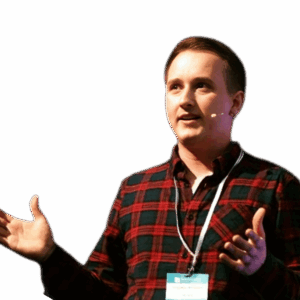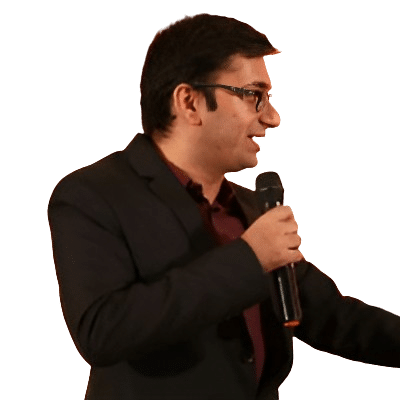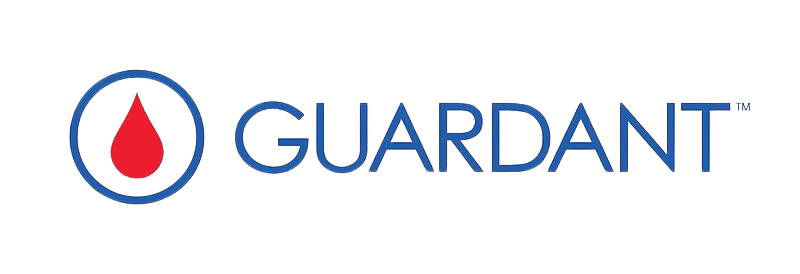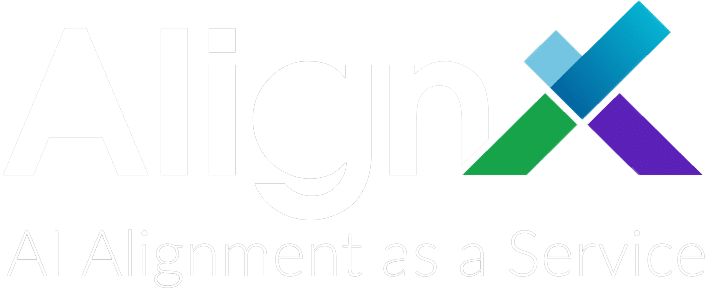Invite-only Conference gathering Berlin’s top QA & Tech Leaders
- 23rd April, 2026
- Berlin
PREMIER SPONSOR
150 Invited Leaders Shaping the Future of Engineering, Quality, and AI in Business.
Leaders attending from these companies























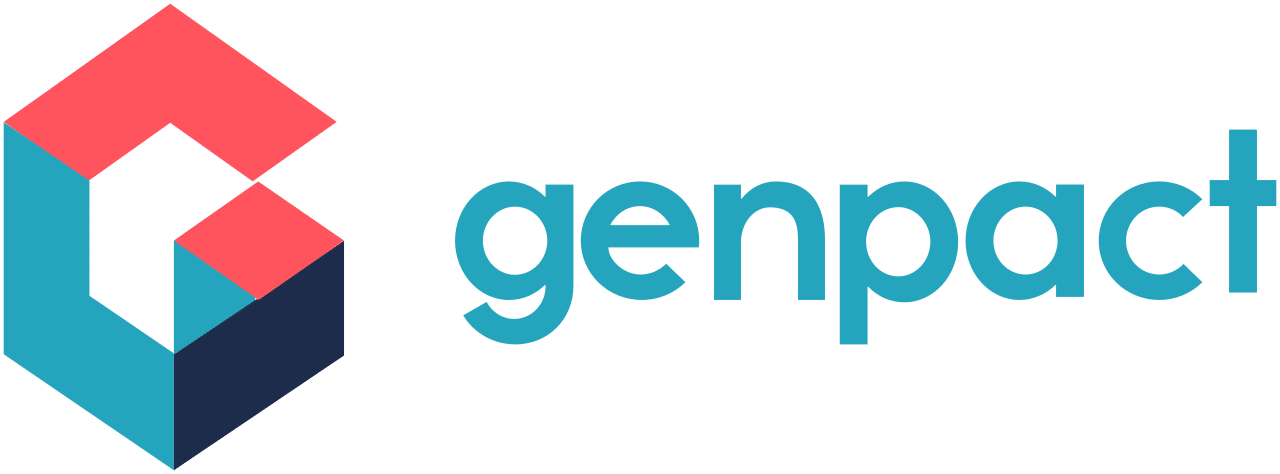










QonfX
Conversations that matter
Shipping Faster
Responsible AI
Agentic AI
AI in Testing
Leadership
AI Security
Leadership Sessions
Expert Panel
Fireside Chat
Leadership
Networking
Live Demos
What is QonfX?
QonfX is our leadership-focused, invite-only conference that gathers top Engineering, QA, and Business Leaders under one roof to discuss the Present and Future of Software. Quality, AI, Leadership, and more. Designed to create focused conversations and high-value connections.
We’ll be hosting these exclusive gatherings in key cities across the US, Europe, and India, bringing together the region’s most influential leaders who are shaping the next decade of software quality and engineering.

Speakers from Past Edition
Who’s else joining?
CEO & Principal Consultant
CEO & Principal Consultant
CEO & Principal Consultant
CEO & Principal Consultant
CEO & Principal Consultant
Last Year's Conference Topic
All
Berlin
Toronto
Virtual
San Francisco
Berlin
Shifting Accessibility Testing Left and Why AI Won't Safe You
In order to create accessible products you need to start as early as possible in the process. Accessibility can not be automated or outsources and needs everybody’s involvement for it to become a feature of your products rather than a release blocker or compliance tickbox

Christian Heilmann
Toronto
The Generative AI Revolution A Compass for Test Leaders Through Change
In today’s ever-evolving tech landscape, anticipating and adapting to change is not just a skill—it’s a necessity for test leaders, especially with the rise of Generative AI. As projects face immediate market pressures from investors and endure heightened scrutiny from an increasingly skeptical customer base, test leaders must navigate not only technological disruptions but also significant…. Read More

Robert Sabourin
Berlin
The Obvious, the Obscured, and the Illusion: Navigating the Noise of GenAI in Testing
In a world brimming with innovations and solutions, the journey to using GenAI in testing is often shadowed by a paradox: the obvious truths become hidden behind layers of noise, and illusions arise in their place. Rahul peels back the layers that veil judgment. This talk explores the essence of problem-solving, questioning whether the challenges we face have already been resolved by existing tools or if they demand the unique touch of new technology. Why do we reach for GenAI, and what does it promise to solve that others cannot? And ultimately, can the old and new coexist, each serving its rightful purpose, without clouding our vision? Rahul unravels these questions and more, guiding you through the path where clarity unfolds itself. Through a real-world case study, he will illustrate how GenAI can be leveraged meaningfully, emphasizing how understanding and restraint are key to sifting through the noise and seeing the obvious with renewed eyes. This keynote is a call to embrace both simplicity and innovation, to cut through the illusions, and to navigate the path where GenAI is not just noise, but a genuine part of the testing story.

Rahul Verma
Berlin
From Data to Insights: Applying RAG in Software Testing
Retrieval-Augmented Generation (RAG) is transforming software testing by enhancing efficiency, accuracy, and scalability. It combines information retrieval with generative AI, enabling automated test artifact generation and improving knowledge retrieval for QA teams. One of its key benefits is automating test artifact generation by analyzing historical data, user stories, and documentation to create structured test cases .… Read More

Maiia Sviatchenko
Toronto
GenAI-assisted Test Automation
Generative AI can be used to create content such as text, images, or even code, and it finds applications in many different areas. GenAI is also a tool that can assist us with test automation. Like any other tool, the value of GenAI comes not just from its intrinsic properties but from how we use it, where we use it, the context, and so on. In this talk, I will share some of my experiences with GenAI-assisted test automation. We will explore several effective ways to leverage GenAI in test automation, identify areas where it can accelerate our work, and examine…. Read More

Lavanya Mohan
Toronto
When the Demo Works But Production Fails: Leading Quality in the AI Era
In today’s rapidly evolving development landscape, quality leadership faces unprecedented challenges as AI integration makes applications increasingly non-deterministic. Ben Hofferber draws from his extensive experience at The Link, Rangle.io, and Hint Services to illuminate the core problems quality leaders must address when “user acceptance doesn’t validate system resilience.” … Read More

Ben Hoefferber
San Francisco
The Future of Testing: AI-Driven Quality Engineering Practices

Niranjani Manoharan
San Francisco
Building the Bridge Between Browser Automation and AI Agents with WebdriverIO
Engineers integrating AI agents into test automation solutions face significant challenges in communicating application state effectively, requiring translation of DOM structures into semantic representations while capturing dynamic state changes across multiple contexts.
In this interactive session using Webdriver.io, attendees will learn practical implementation techniques for enabling AI agents to simplify browser automation.

Christian Bromann
Hyderabad
Talk: Engineering & Leadership Excellence in the Age of AI
The rise of intelligent systems is reshaping what it means to build, scale, and lead in technology. Engineering leaders today must deliver at unprecedented speed while ensuring every layer—architecture, data, and human decision-making—remains trustworthy. Charu unpacks how the craft of engineering is evolving as AI becomes an active participant in design, testing, and delivery. She discusses how to lead teams that balance experimentation with discipline, translate complexity into clarity, and build systems that improve with every release. The session offers a forward look at how excellence in 2026 will be defined not just by performance, but by responsibility, resilience, and the ability to lead through constant change.

Charu Srinivasan
Hyderabad
Talk: Agentic Systems — The Next Step in Autonomous Engineering & Quality

Jaydeep Chakrabarty
Hyderabad
Talk: Leading for Quality in the Age of AI
As AI becomes embedded in products and processes, the meaning of “quality” is shifting. Vanya focuses on how leaders can redefine quality for their teams — not as a phase, but as a shared mindset that guides decisions, behaviours, and standards. She explores how to create clarity around expectations, build cross-functional ownership, and shape cultures where speed doesn’t override judgment. This talk gives leaders a forward-looking view of how quality evolves when AI influences design, delivery, and user experience — and how strong leadership can keep that quality visible, consistent, and intentional.

Vanya Seth
Hyderabad
Talk: Platform Engineering to achieve Quality with Speed

Swetha Yalamanchili
Hyderabad
Talk: From Test Automation to Intelligent Quality: Unlocking Business Value with AI

Pankaj Kumar
Hyderabad
Fireside Chat: Leading Through Change: How Leaders Build Resilient Teams
Change brings opportunity, but it also brings hesitation, fear, and pushback. In this conversation, Nirmala & Swetha talk openly about the real challenges leaders face when driving new automation or AI initiatives — from resistance on the ground to moments when teams simply aren’t ready. They discuss how to handle tough conversations, address fears of job loss, deal with underperformance, and prevent leaders in the middle from slowing progress.
The session also explores how to upskill teams when capabilities do not match expectations, how to keep people motivated through uncertainty, and how leadership traits have evolved in the AI era. It’s a practical, honest look at what strong, resilient leadership really requires today — clarity, empathy, firmness, and the ability to help teams grow through change rather than fear it.

Nirmala Datla

Swetha Yalamanchili
Hyderabad
Panel Discussion: Accelerating Quality with AI — The Leadership Playbook

Jaydeep Chakrabarty

Prajakt Deshpande

Shiva Kumar RV
Hyderabad
Panel Discussion: Quality in AI - Testing the omnipresent unpredictable
AI systems behave differently from traditional software — they learn, adapt, and sometimes work in ways teams didn’t anticipate. This panel looks at how to bring clarity and control to systems that are always shifting, through three essential lenses: platform engineering built on scalable, open frameworks; data-science methods for observing model behaviour and drift; and product-scale rollout strategies that keep reliability front of mind. The conversation will cover how to test behaviour that isn’t deterministic, how to prepare for failures no one scripted, and how to build trust in AI-rich products using open foundations and real-world practice.

Saurabh Mitra

Shravan Koninti

Shashank Chaturvedi
San Francisco
The Future of Testing: AI-Driven Quality Engineering Practices
n the rapidly evolving landscape of software testing, innovative AI-powered observability platforms are transforming quality engineering practices by automatically detecting patterns and predicting potential issues across complex microservices architectures.
Niranjani’s top tips to revolutionize your testing practices include leveraging custom ML models, building efficient data pipelines, and implementing continuous model training and validation for maximum effectiveness.

Niranjani Manoharan
San Francisco
Building the Bridge Between Browser Automation and AI Agents with WebdriverIO
Engineers integrating AI agents into test automation solutions face significant challenges in communicating application state effectively, requiring translation of DOM structures into semantic representations while capturing dynamic state changes across multiple contexts.
In this interactive session using Webdriver.io, attendees will learn practical implementation techniques for enabling AI agents to simplify browser automation.

Christian Bromann
San Francisco
Panel Discussion: Engineering the Future of Testing and Leadership in the Age of AI
As test automation and AI technologies transform engineering practices, the roles of quality engineers are evolving from manual testers to strategic architects of intelligent testing ecosystems. Engineering leadership must adapt by fostering environments where experimentation with AI is encouraged, creating space for leaders to champion innovative approaches to software quality. This panel of experts from industry-leading companies will share how they’re reimagining software quality through AI-augmented test automation, while establishing new paradigms for engineering leadership that embrace the collaborative potential of human expertise amplified by AI-fueled systems. Learn how upskilling transforms change into opportunity and a panel discussion you won’t want to miss.

Aparijita Mathur

Priyanka Halder

Mala Punyani

Ashwini Purushotham
Sponsors
Further details coming soon..
Become a sponsor and reach a highly engaged audience of industry professionals. Support the development of skills and knowledge in the field while promoting your brand and products. Get your company a space and reach out to the best testers and developers around the world.
Our Past Event Sponsors
















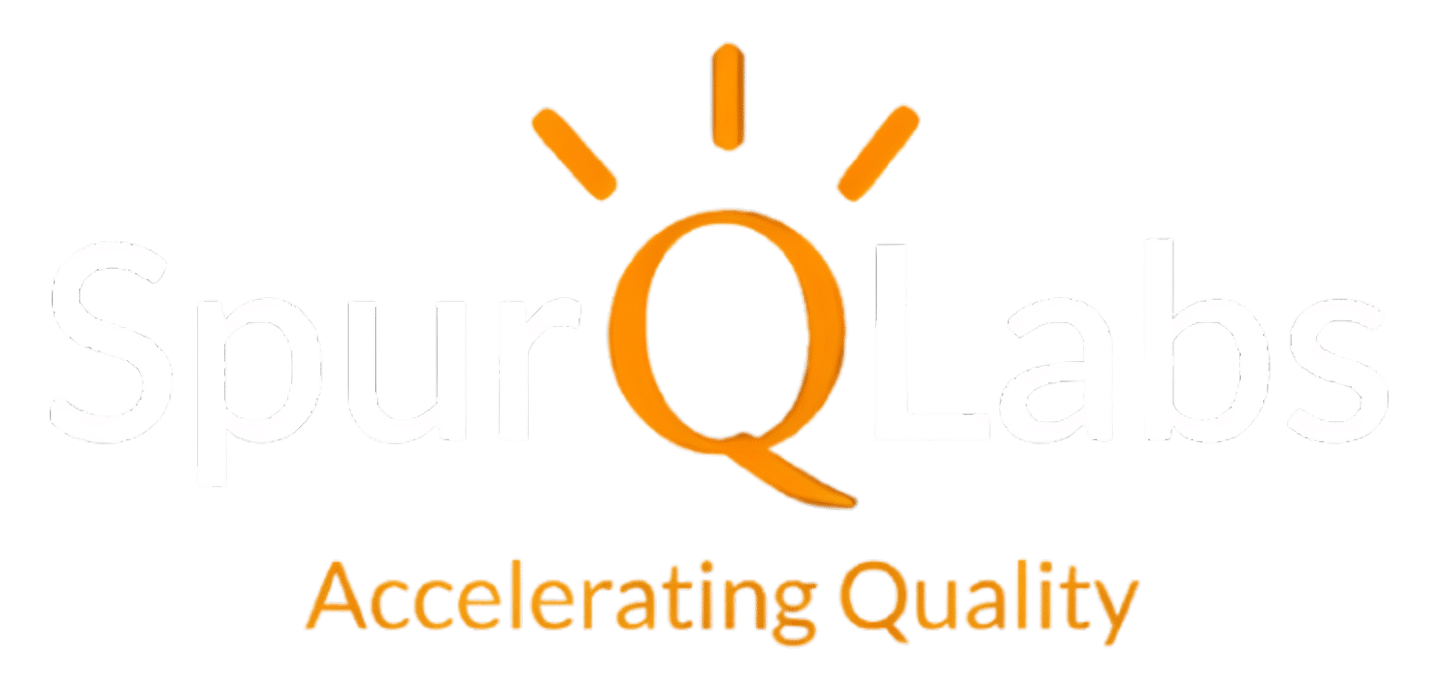





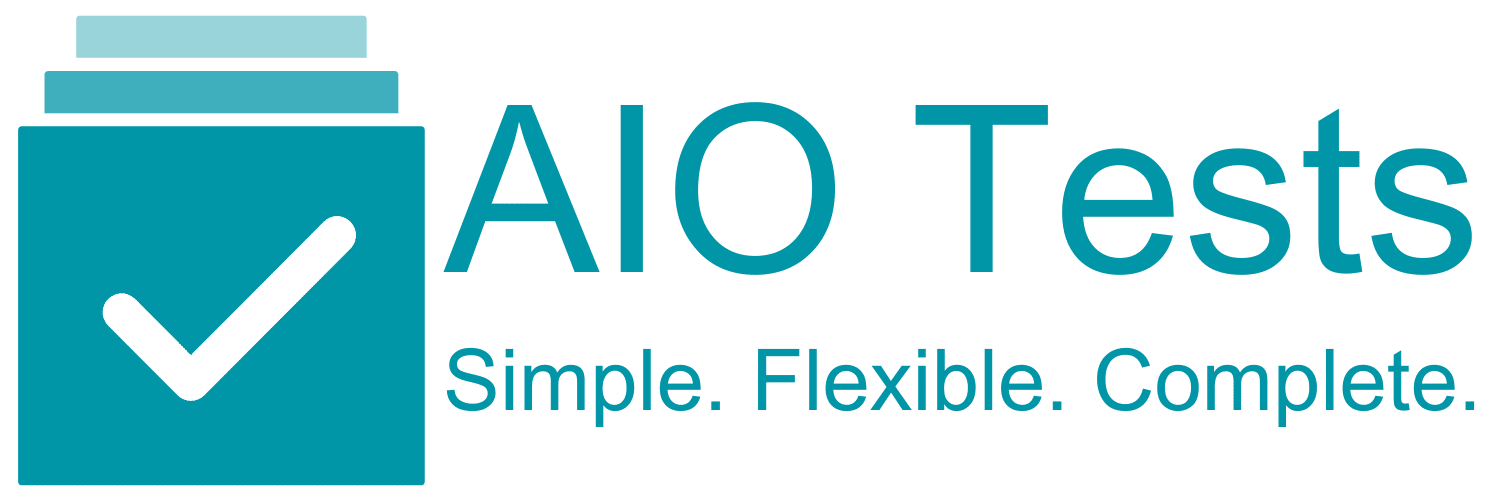






Request Your Invite / Register
Hyderabad Conference
- Thursday, 4th December 2025
In-Person Conferences
Invite-only Event | 10+ Speakers each | Talks | Panels | Booths | Networking
About The Test Tribe!

The Test Tribe is World’s largest Testing Community with members in 150+ countries. We are on a mission to solve upskilling and top career growth for Testing Professionals globally.
165K+
Lives Touched
800+
Community Events
24
Global Conferences
86K+
Event Attendees
44
Offline Chapters
We are also in these cities
Porto
Calgary
Bangalore
Pune
New York
San Francisco
Berlin
Toronto
Mumbai
Hyderabad
Frequently Asked Questions
Yes, QonfX Berlin is an invite-only, in-person conference.
QonfX is designed for testing and technology professionals, focusing strongly on leadership personas. The event is free to attend.
Apply for QonfX Berlin. If selected, you’ll receive an exclusive invitation to join.
Invites are released based on limited slots available for each persona/seniority and are granted on a first-come, first-served basis.
No—in-person attendees must use their reserved invites. To ensure fairness, do not apply unless you can commit to attending.
QonfX Berlin will be held on April 23, 2026, from 9:30AM IST.
QonfX is an invite-only event, and we aim to bring together a diverse group of attendees across various roles and expertise. While we have limited slots available, invitations are extended on a first-come, first-served basis to ensure a well-rounded representation of industry professionals.
Thanks for your interest! We’ll email you with the details if we have a spot for you. If not, we’ll notify you and keep you on standby for any last-minute openings.
No, invitations are non-transferable. If you are unable to attend, please let us know in advance.
No, session recordings will not be shared, as QonfX is an invite-only, in-person event.
We appreciate your interest in contributing to QonfX! Here’s how you can get involved:
- Partner with Us: Explore sponsorship opportunities to showcase your brand and connect with top industry professionals. If you know someone who might be interested, feel free to share this opportunity with them!
- Share the Experience: Amplify the impact of QonfX by spreading the word within your network and industry circles.








